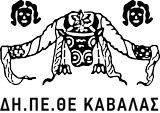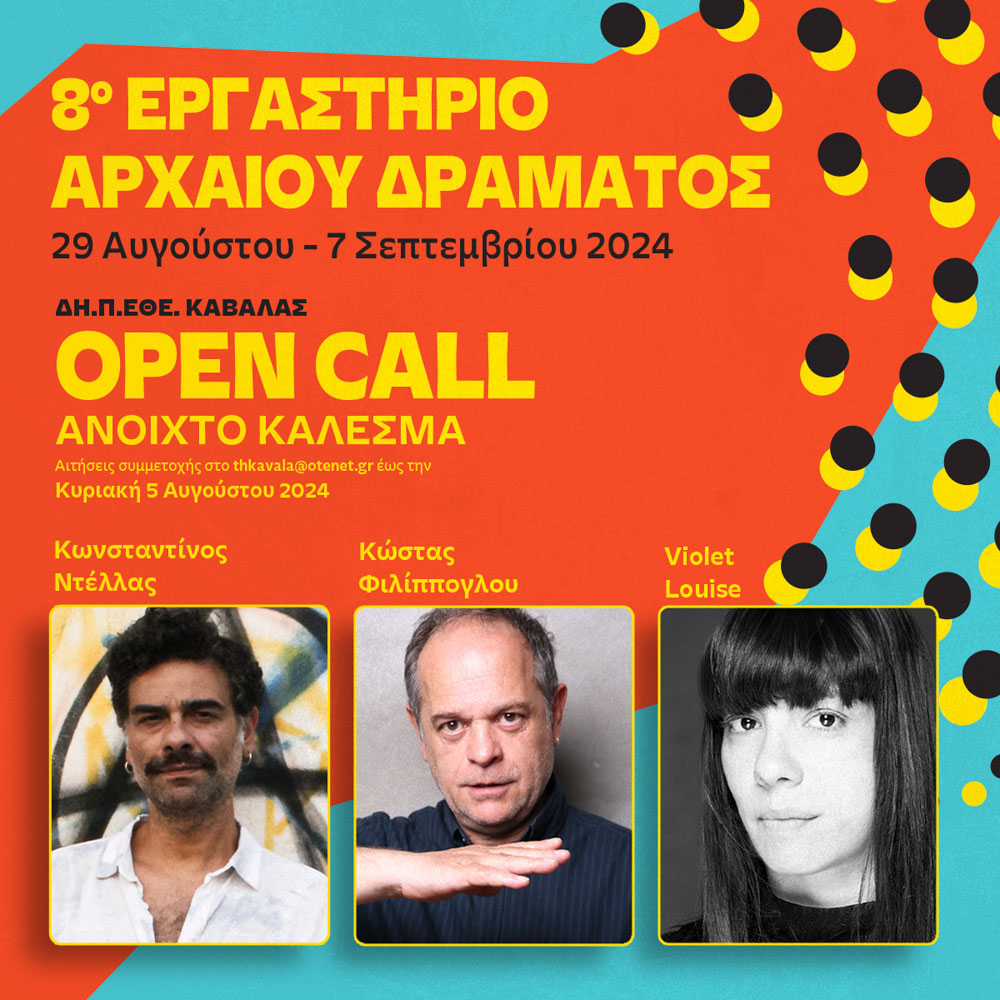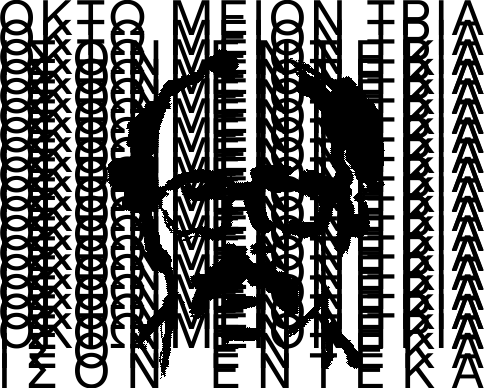The Municipal and Regional Theatre of Kavala, as a member of the International Network of Ancient Drama and with support and funding from the Ministry of Culture, is organising the Ancient Drama Workshop for the 8th consecutive year, as part of the programme for the 67th Philippi Festival.
The 67th Philippi Festival concludes this year’s presentations with a significant institution that, in recent years, has given new life to the broader area of the Ancient Theatre, the 8th Ancient Drama Workshop. A research and creative camp that places the entire learning process at its centre, allowing for a new, refreshing perspective on Ancient Drama.
This year, with a stronger emphasis on teaching and research rather than the final result, the workshop invites three renowned directors-teachers to form working groups, and all together work for ten days, combining their knowledge, experiences, bodies, and voices to create a new world.
In this year’s edition, an 18-member group of students, selected through an open call, will explore the dystopias and utopias found in the texts of Ancient Drama by engaging with Vassilis Vassilikos’ dystopian trilogy (The Plant, The Well, The Angel). Guided by three esteemed creators, the workshop aims to approach new storytelling methods relevant to today and will form a chorus to embody these narratives.
The 8th Ancient Drama Workshop will be taught by (in alphabetical order):
Konstantinos Dellas, Kostas Filippoglou, Violet Louise
The open call is addressed to final-year students and graduates of drama schools, directing schools, and theatre studies university departments (practical orientation).
The courses will take place from 29th August to 6th September 2024, with the performance presentations occurring on Saturday, 7th September, with free admission.
The participation fee for the 8th Ancient Drama Workshop is €100 per person, covering tuition, accommodation, and half-board (breakfast and lunch). Classes will be daily and will include both practical exercises and masterclasses with all instructors.
Participants will be selected by the instructors based on their CVs.
Applications (including a CV) should be sent to [email protected] by Sunday, 5th August, with the subject “Application for the 8th Ancient Drama Workshop.”
The results will be announced on Monday, 12th August.
For more information, you can call the Municipal and Regional Theatre of Kavala during office hours at 2510. 220876.
BIOGRAPHIES OF INSTRUCTORS & WORKSHOP DESCRIPTIONS
Konstantinos Dellas
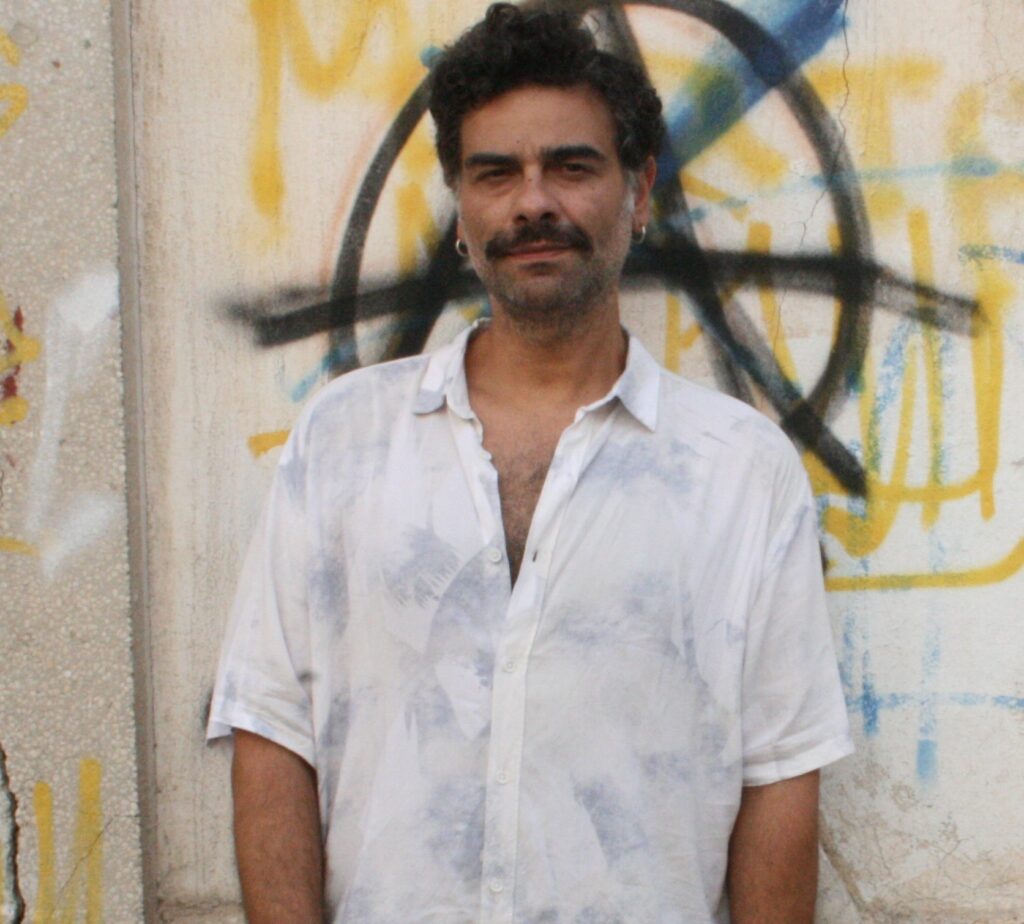
Konstantinos Dellas is a director, performer, and researcher who combines qualitative research with stage performance, focusing on folklore and religion from an anthropological perspective. He holds a postgraduate degree in “Theatre and Society: Theory, Stage Practice and Teaching” from the Department of Theatre Studies at the University of Peloponnese and is a faculty member at D. Chatoupi’s drama school “Dilos”. He has conducted workshops at the Epidaurus Lyceum, the International Network of Ancient Drama of the Thessalian Theatre, and the Panhellenic Network for Theatre in Education. His work focuses on choral performance, using tools from ritual practices such as the coordination of breath, speech, and movement, and forms of collective expression like traditional song and dance. He has directed ancient drama performances at the Athens and Epidaurus Festival, with his work presented in various parts of Greece and abroad.
The Narrative of Grief
Starting with the three characters from the Trilogy of Vassilikos, whose names embody death and immortality (Lazarus, Thanos, Angelos), this workshop will explore themes of sacrifice, death, and the sacred victim through the dystopian experience of the Messenger from Bacchae. Beginning with walking and studying the relationship between the individual and the collective and external space, the workshop will focus on the choral depiction of narrative speech, exploring expressive tools based on older community ritual forms and new ones created through a dialogue with the place.
Kostas Filippoglou
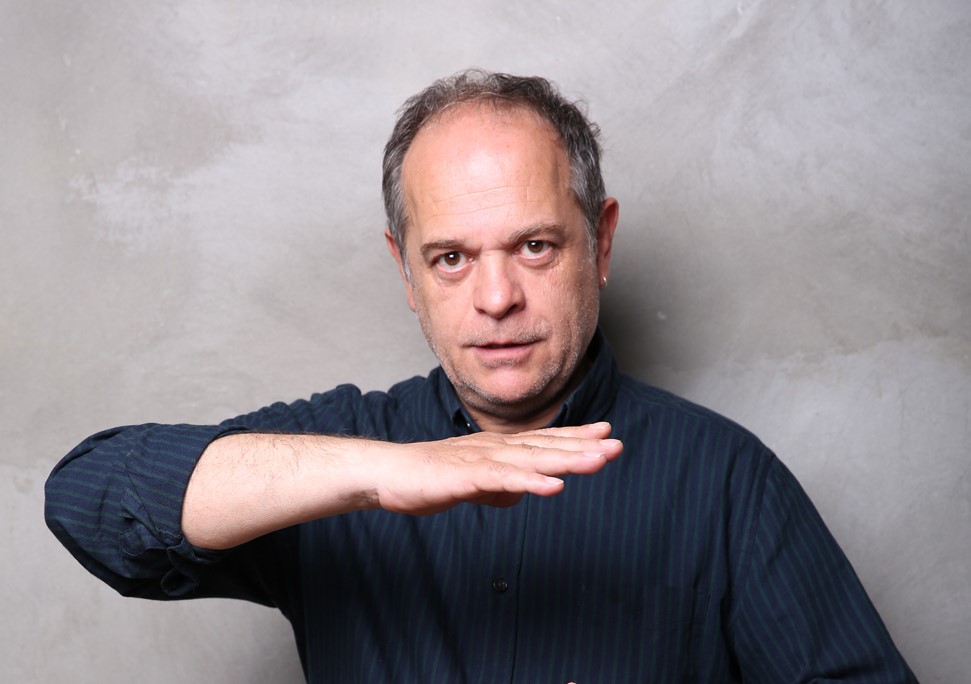
Kostas Filippoglou is an actor, director, and theatre teacher. He began his theatre studies in Athens and continued his training with actor-teachers from Europe, exploring physical and creative theatre. Since 1986, he has worked in Greece as an actor in various productions. He has worked at the Technochoros Theatre with Giannis Kakleas, Amore Theatre with Giannis Chouvardas, Porta Theatre, the Athens and Epidaurus Festival, the National Theatre, and many others. From 1999 to 2013, he worked mainly abroad with the theatre group Complicité, participating in their performances and workshops in England, Europe, and the USA. He has performed at London’s National Theatre, Peter Brook’s Bouffes du Nord, in New York on world tours, etc. Since 2013, he has directed plays in Greece, such as “Paper Flowers,” “Tirza,” “Mengele,” “Historia de un Amor or the Ants,” “The Seagull,” “The Inspector,” “Miss Julie,” “Black Snow,” etc. For Epidaurus, he has directed “Philoctetes,” “Prometheus Bound,” and “The Frogs.” He teaches theatre in schools, seminars, and the postgraduate department of Theatre Studies in Athens. He has collaborated with the Thessalian Theatre, directing “The Odyssey” and “The Iliad” by Andreas Flourakis.
Physical – Creative Theatre and Ancient Drama
In this theatre workshop, we will approach the dramatic texts of ancient Greek literature based on the teaching and aesthetics of physical creative theatre. This approach is influenced by the pedagogy and aesthetics of Jacques Lecoq, Complicité, and our personal experiences studying and directing these wonderful texts. Ancient Greek drama, the tragedies and comedies of the great ancient writers, is not realistic theatre. It is a theatre that engages with the grand, the myth, the archetypal, and the deeply psychoanalytic. We will provide the workshop participants with the tools needed to approach these great texts through physical actions, image creation, movement that narrates, and inspire the group with the collectivity needed for the cohesion of the story and the “chorus” of ancient tragedy and comedy. That “chorus” is a key component of narration in these great texts. Therefore, we must give the workshop participants the knowledge and training required to approach the stories and texts they chose to narrate collectively and creatively.
Violet Louise
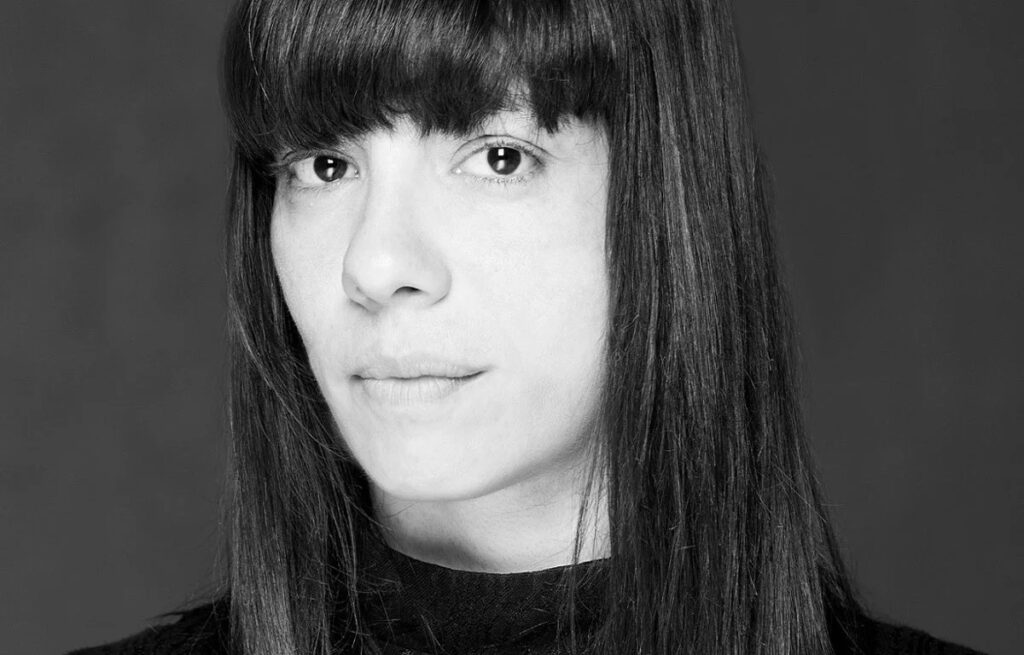
Violet Louise (Louiza Kostoula – www.violetlouise.com) is a director, musician, and multimedia artist. She studied law and international law, classical piano, sound composition, and live performing arts. She has collaborated with directors, visual artists, musicians, and institutions such as the National Theatre, Athens Festival, Festival Vie, and Festival Delle Colline Torinesi. Her creative process starts with sound. Since 2013, she has explored storytelling through the creative use of technology. She creates multimedia performances and standalone digital works in Greece and abroad, based on text composition and original writing. In collaboration with Studio 19, a multimedia studio, she produces primary materials in music, sound, and image, which are integral to the dramaturgy of her compositions. Her performances sit at the intersection of theatre, audiovisual concert, and visual installation.
The Modern Rhapsode
This workshop aims to explore the concept of the modern rhapsode who uses technology as creatively as speech, body, voice, and sound in a performative event. At the same time, we will explore the concept of the Homo Universalis in the field of creation, the composite artist who now has the ability to cultivate different skills and produce a complete composition with new technological means. Practically, this means the participants will be both composers and performers. They will create a narrative score consisting of text and original materials in sound and music using musical instruments and simple everyday technological means (field recording process, voice recording, soundscapes). Later, participants will perform the score live before an audience. Ancient Greek literature is an ideal place to explore modern multimedia storytelling. There will be a preselection of texts, but the final selection will be made on the first day of the workshop with the participants.
